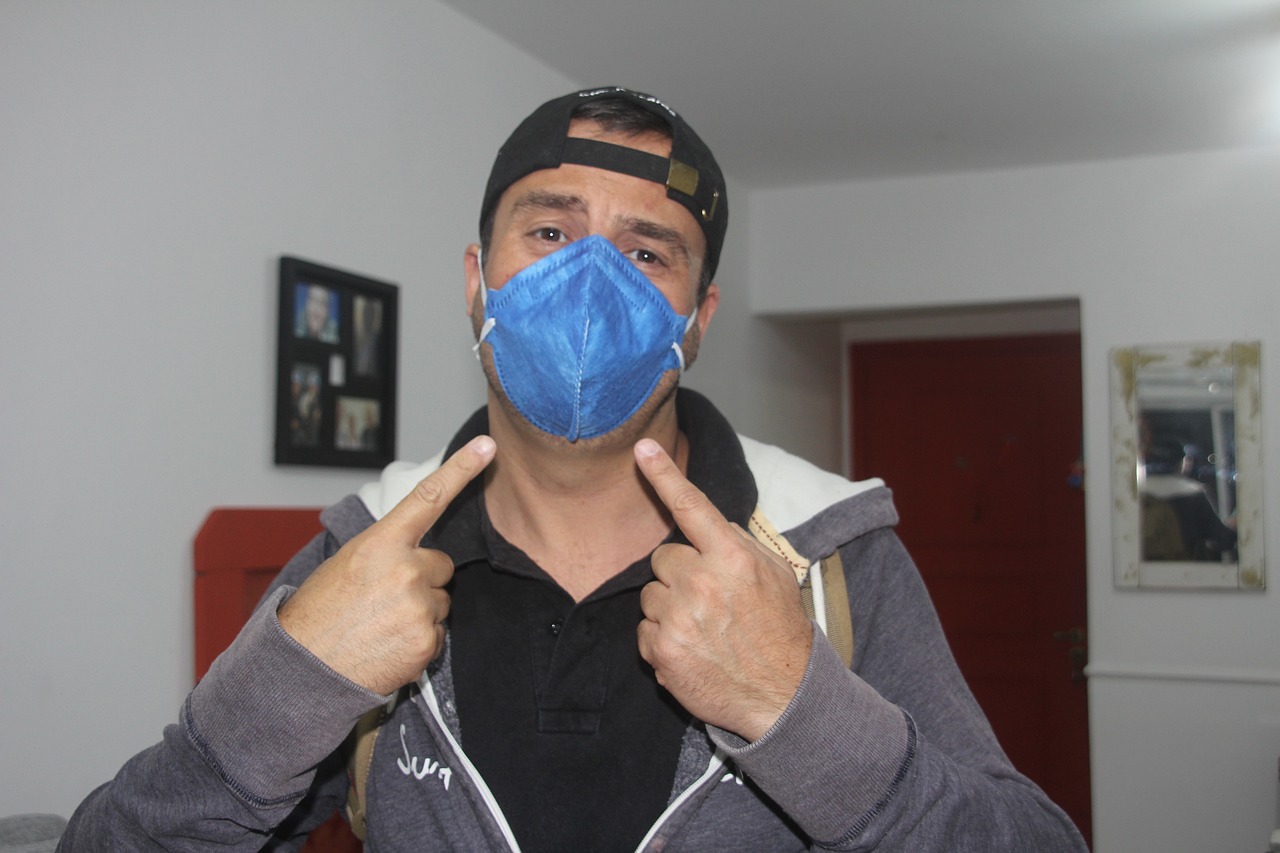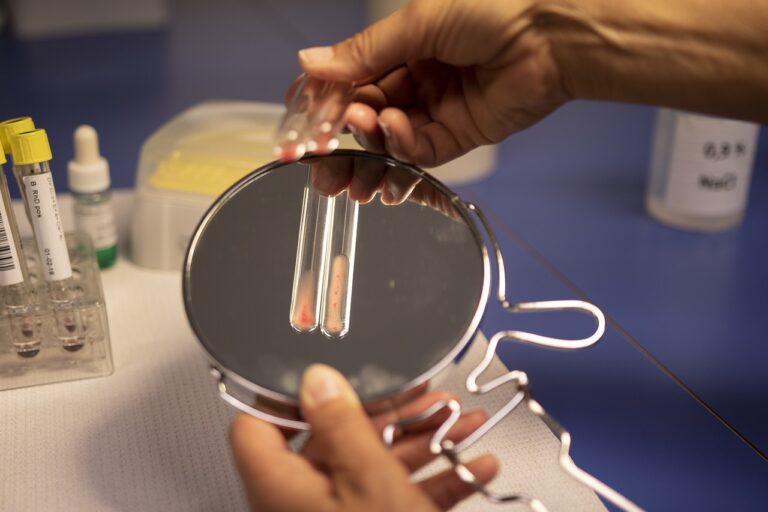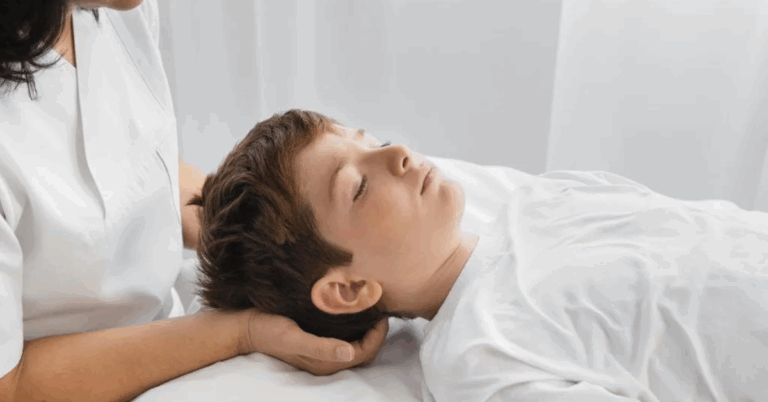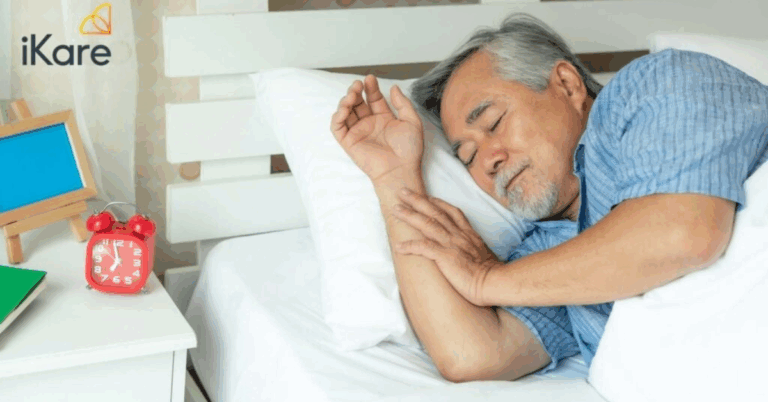Hormonal Changes in Aging: Embracing Self-care Practices: Bet bhai, Cricket bet 99, Diamondexch9
bet bhai, cricket bet 99, diamondexch9: As we age, our bodies go through various changes, including hormonal shifts that can have a significant impact on our overall well-being. As hormone levels fluctuate, it can lead to a range of symptoms such as fatigue, weight gain, mood swings, and reduced bone density. While these changes are a natural part of the aging process, there are ways to embrace self-care practices to help navigate through these hormonal changes with grace and ease.
Understanding Hormonal Changes in Aging
As we get older, our bodies produce less of certain hormones, such as estrogen and testosterone. These hormonal changes can affect various aspects of our health, including metabolism, bone health, and emotional well-being. For women, menopause marks a significant hormonal shift, leading to symptoms like hot flashes, night sweats, and mood swings. Men also experience hormonal changes as they age, with decreasing levels of testosterone leading to symptoms like reduced muscle mass, fatigue, and decreased libido.
Embracing Self-care Practices
While hormonal changes in aging are inevitable, there are self-care practices that can help mitigate their impact and promote overall well-being. Here are some strategies to help you navigate through hormonal changes with grace and ease:
1. Prioritize Nutrition: Eating a balanced diet rich in nutrient-dense foods can support hormone balance and overall health. Focus on incorporating plenty of fruits, vegetables, lean proteins, and healthy fats into your meals to support your body’s changing needs.
2. Stay Active: Regular physical activity is essential for maintaining hormone balance, metabolism, and overall wellness. Aim to incorporate a mix of cardiovascular exercise, strength training, and flexibility exercises into your routine to support your body as it ages.
3. Manage Stress: Chronic stress can disrupt hormone levels and lead to a range of health issues. Practice stress-reducing activities like meditation, yoga, deep breathing exercises, or spending time in nature to help keep stress levels in check.
4. Get Quality Sleep: Adequate sleep is crucial for hormone regulation and overall health. Aim for 7-9 hours of quality sleep each night to support your body’s natural hormonal rhythms and promote optimal well-being.
5. Stay Connected: Maintaining strong social connections and a supportive community can help reduce stress, boost mood, and improve overall health. Make time for meaningful relationships and activities that bring you joy and fulfillment.
6. Prioritize Self-care: Carve out time in your schedule for self-care activities that nourish your mind, body, and soul. Whether it’s reading a book, taking a bath, or practicing mindfulness, make time for activities that bring you peace and relaxation.
FAQs:
Q: Are hormonal changes in aging inevitable?
A: Yes, hormonal changes are a natural part of the aging process and can vary from person to person.
Q: Can hormone replacement therapy help with hormonal changes in aging?
A: Hormone replacement therapy may be an option for some individuals experiencing severe symptoms of hormonal imbalance. It is essential to consult with a healthcare provider to discuss the risks and benefits of hormone replacement therapy.
Q: How can I know if my symptoms are due to hormonal changes?
A: If you are experiencing symptoms like fatigue, weight gain, mood swings, or changes in libido, it may be due to hormonal changes. It is essential to speak with a healthcare provider to accurately diagnose and address your symptoms.
In conclusion, embracing self-care practices can help support your body through hormonal changes in aging. By prioritizing nutrition, staying active, managing stress, getting quality sleep, staying connected, and prioritizing self-care, you can navigate through these changes with grace and ease. Remember to listen to your body, prioritize your health, and seek support from healthcare providers as needed to ensure a smooth transition through the aging process.







